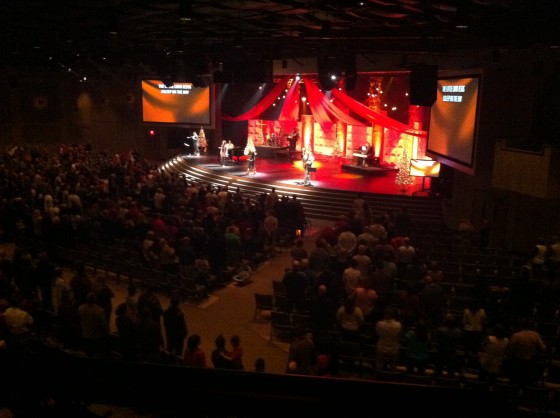Every couple fights. It’s a reality of living in a fallen world.
But not every couple fights well. Another reality of living in a fallen world.
Couples that learn to grow through their arguments can have some of the strongest marriages on the planet.
I know that 1 Corinthians 13, though often shared at weddings, isn’t a passage just for love in marriage, there are a lot of principles we can learn as they relate to how love acts.
Fighting well, from 1 Corinthians 13
1. Don’t fling old poo.
Stop bringing up past failures. Love keeps no record of wrongs. (1 Corinthians 13:5)
2. Listen when the other person is talking.
Don’t just be preparing your rebuttal. Love is patient. (1 Corinthians 13:4)
3. Think before you speak.
Love is patient and kind. (1 Corinthians 13:4)
4. Always hope.
Assume the best about the other person. Don’t assume their motive was to undermine you. Assume they love you. Because they’ve already told you that. (1 Corinthians 13:4)
5. Don’t threaten to give up.
Constantly threatening with “divorce” and “I’m going to walk away” erodes the health of your marriage. Thankfully, God doesn’t ever threaten us like that. (Deuteronomy 31:6). Love never gives up. (1 Corinthians 13:7)
6. Stop the yelling.
Don’t yell for yelling sake. When you raise your voice and your temper and your emotions, you only escalate things. And you sound a whole lot like a noisy gong or a clanging cymbal. (1 Corinthians 13:1)
7. Always rejoice when the truth wins.
Even when Especially when the truth doesn’t land in your favor, and you lose the battle. (1 Corinthians 13:6)
8. No name-calling.
Love does not dishonor the other person by reducing them to a demeaning, offensive name. Love is kind. (1 Corinthians 13:4)
9. In kind, affectionate ways, touch each other.
Reach out and hold the other person’s hand. Pat their leg. Put your hand on their shoulder. There’s something disarming about physical affection. And, maybe more importantly, there’s something about physical affection that, in the heat of the moment, you don’t naturally want to do. Choosing loving physical affection helps calm your raging heart. Love does not demand its own way. (1 Corinthians 13:5)
10. Keep the details between the two of you. (and a healthy ‘accountability’ partner, if you have that)
When you fight, don’t run home and share the details with your parents. Don’t share them with your friends. Keep them between the two of you. For health sake, though, you may need to have someone safe, who knows you both, that you can share your heart with. Just make sure this is the same person every time, and that this person loves Jesus and has your best interest at heart. Love keeps no record of wrongs…but outside parties do. (1 Corinthians 13:5)
11. Pray before, after, and during.
Loving someone through an argument is something that can only happen supernaturally. It comes from God. If we’re going to love our spouse well, we must ask the One from whom we received love in the first place.









